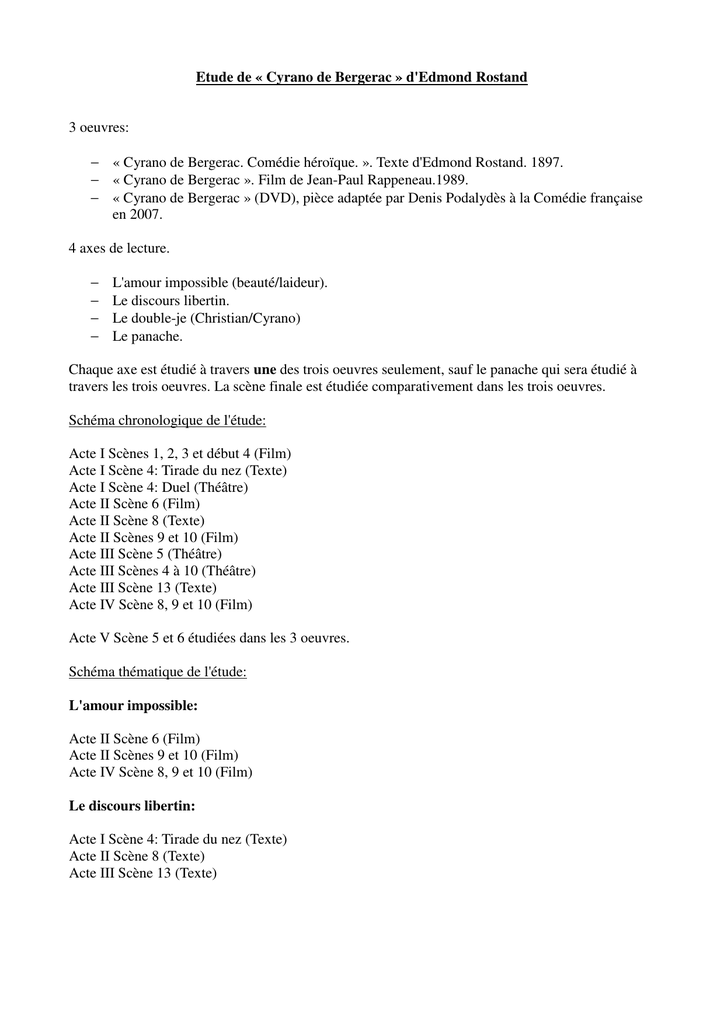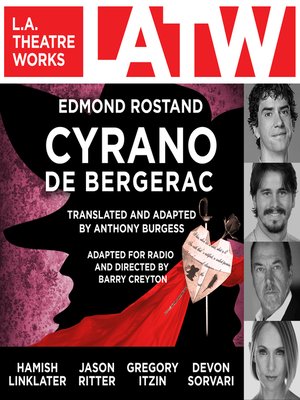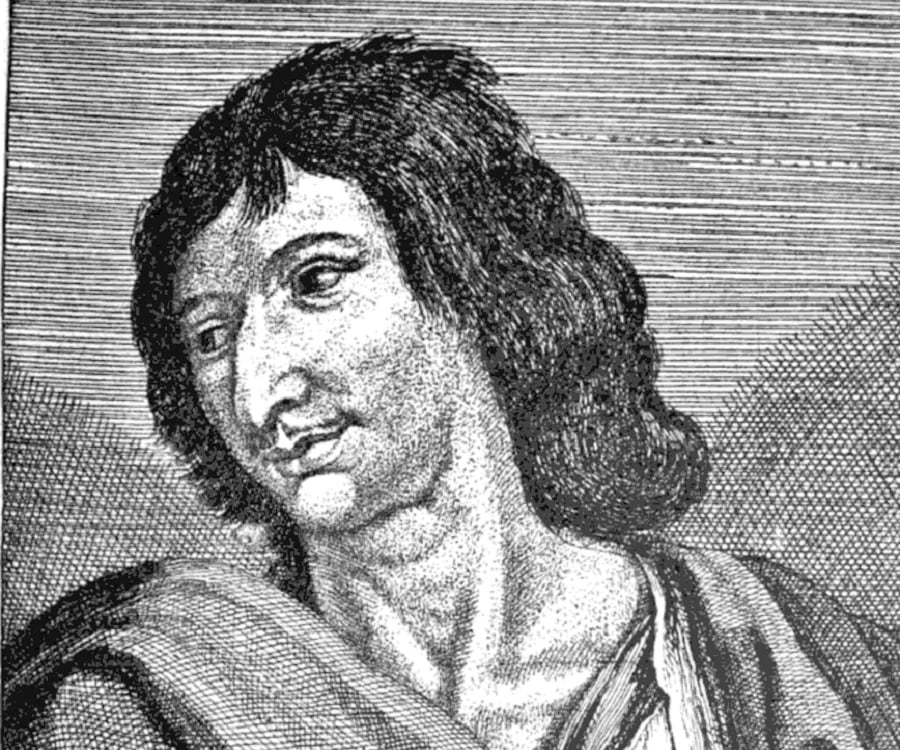

It’s a hard story to screw up, and director Joe Wright (“Atonement,” and more recently “Darkest Hour”) doesn’t. The awkward solution is for Cyrano to write to her (and in the famous balcony scene, speak for him), expressing his love for Roxanne without revealing the source or his true feelings. The play turned movie under many different guises now adds a film version of the musical, “Cyrano,” which provides a fine showcase for Peter Dinklage in a different take on the tortured hero but doesn’t hit enough high notes to distinguish its unstained plume.ĭinklage trades in the customary prosthetic nose for his stature, which provides the impediment here to expressing his love for his cousin Roxanne (Haley Bennett), whose fondness for him is strictly platonic.īut of course, Roxanne has fallen for the handsome Christian (Kelvin Harrison Jr.), who despite his striking features lacks confidence or style when it comes to the art of romance. Act I Scene III, Montfleury says the first lines of Phedon, a character from “La Clorise”, a real play written by Balthazar Baró, Cyrano’s contemporary playwright.“Cyrano de Bergerac” has been the model of a tragic love triangle for 125 years, often imitated but seldom equaled.The parallelism between his life and Cyrano’s character in this play were not highlighted by the English wiki article, but they were in the Spanish article: here.

He (like Cyrano in the play) died in obscurity and poverty in 1653. Renaudet was homely and this affected him throughout his life (the real Cyrano seemed not so affected by this), an incident at his youth drove him to help the poor and the outcasts, highly idealistic and talented, was named the royal doctor and create La Gazzete, the first official paper of the world, and at 1632 was recognized by the King as one of finest Frenchmen.


In real life they were contemporaries - it would be surprising if Cyrano de Bergerac (1619-1655) and d'Artagnan (1615-1673) had not run into each other quite a bit. After Cyrano fights a duel while improvising a poem early in the play, d'Artagnan (also a Gascon) shows up briefly to tell him how cool it was.Below is a list of shout-outs found in the Edmond Rostand play.


 0 kommentar(er)
0 kommentar(er)
